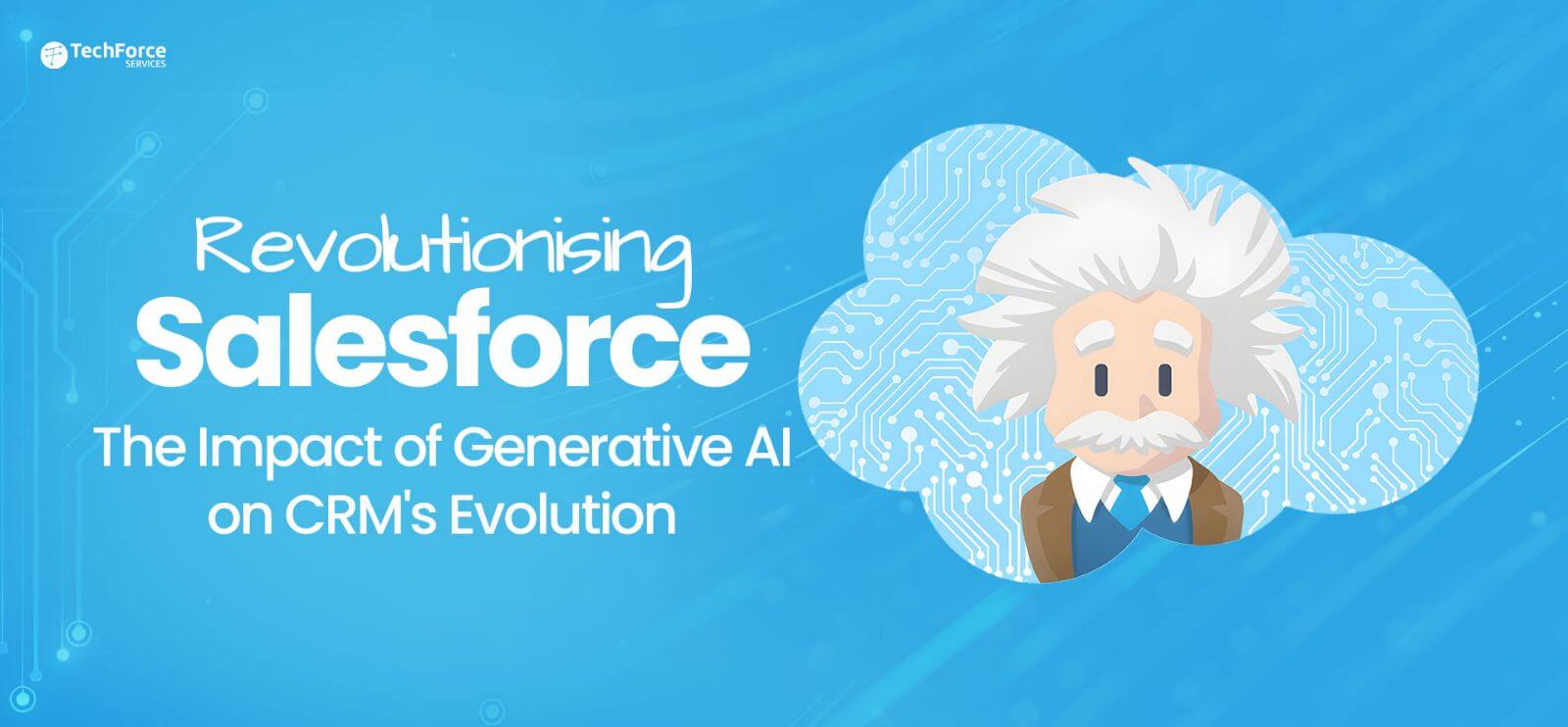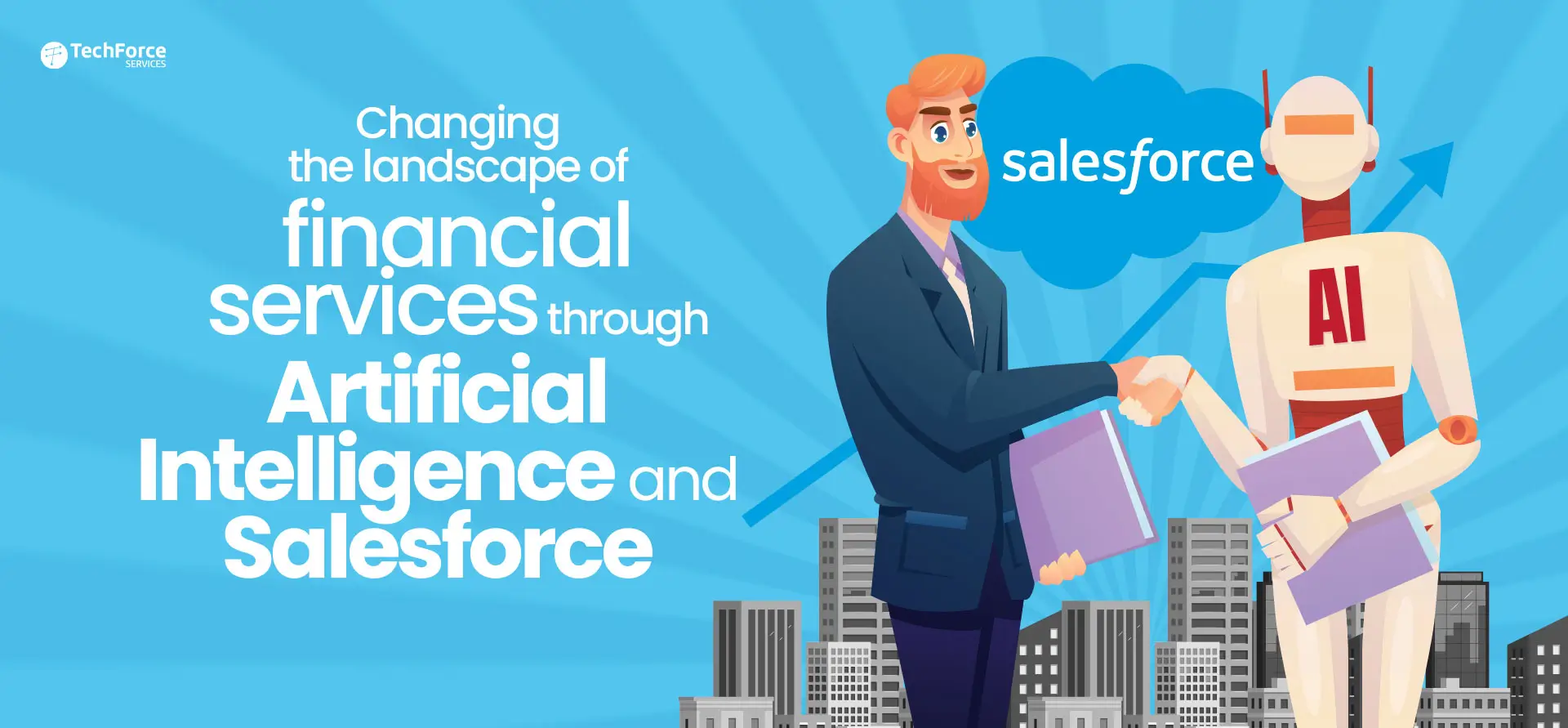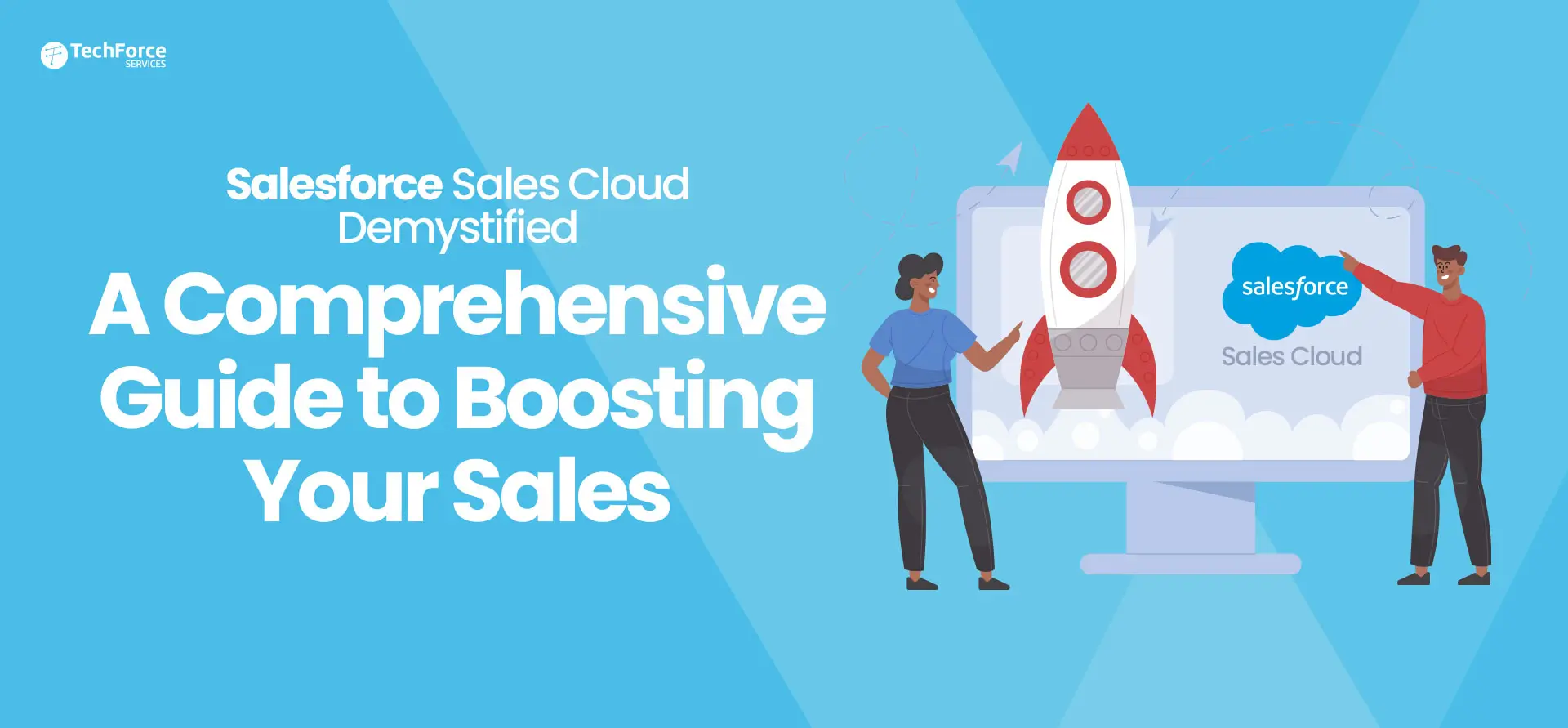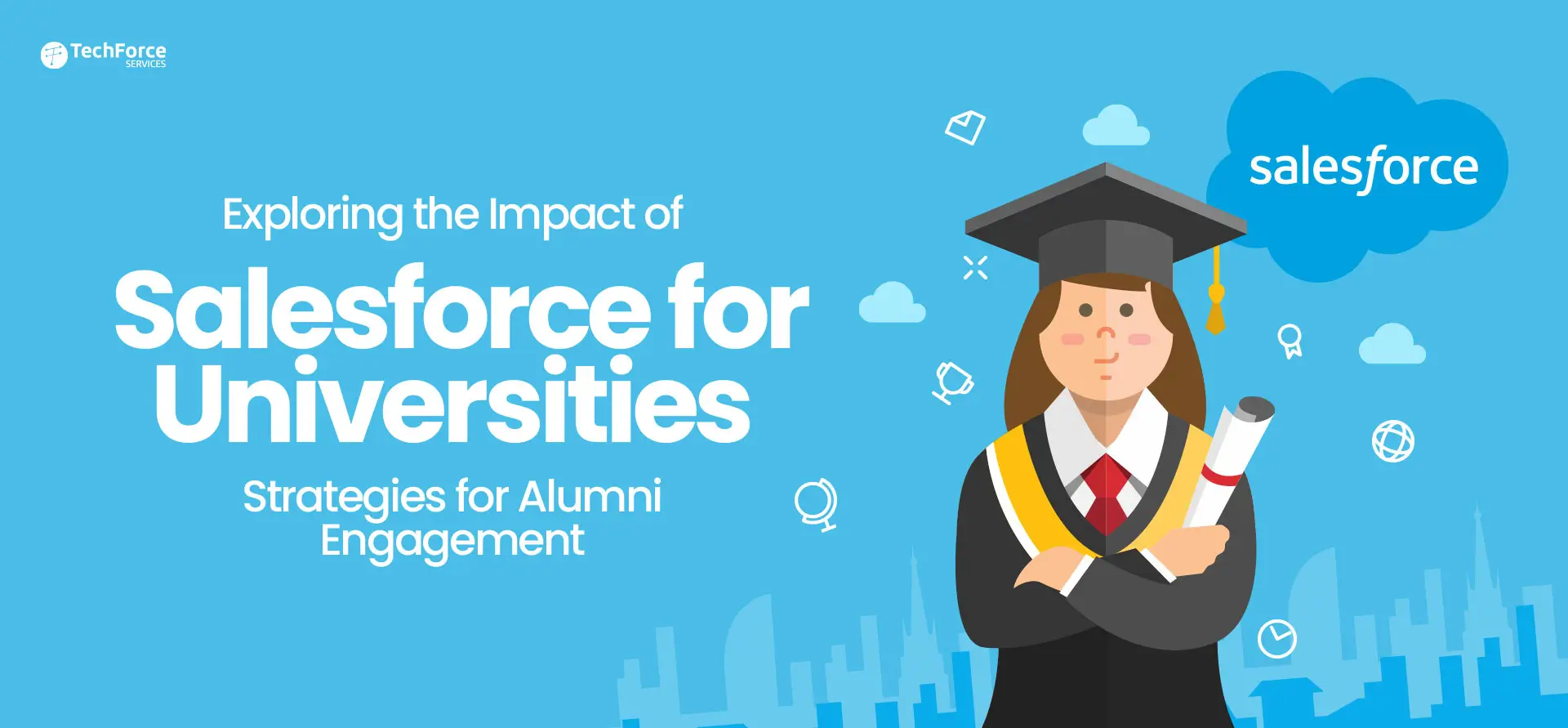Embracing the ever-evolving landscape of Artificial Intelligence, Generative AI emerges as a transformative force, seamlessly blending human-like intelligence with machine capabilities. Unlike traditional AI, Generative AI, powered by advanced models like Generative Pre-trained Transformers (GPT), leverages deep learning techniques to create, adapt, and personalize content. Its applications span across language generation, translation, summarization, code generation, and image creation, ushering in a new era of productivity and efficiency.
The surge in Generative AI’s popularity can be attributed to its accessibility through human interfaces and internet-driven data access. Salesforce, a trailblazer in Customer Relationship Management, has harnessed the potential of Generative AI with Salesforce Einstein GPT. As we explore the profound impact of Generative AI on Salesforce’s Sales Cloud, Service Cloud, and Marketing Cloud, we unravel its significance in shaping the future of CRM. Join us on this journey to uncover the layers of Generative AI and its potential to propel Salesforce into a new quantum leap.
What is Generative AI?
Generative AI is an advanced branch of artificial intelligence that employs deep learning techniques, particularly Generative Pre-trained Transformers (GPT), to autonomously produce content, ideas, or responses. Unlike conventional AI, Generative AI learns patterns and relationships from extensive datasets, enabling it to create coherent and contextually relevant outputs. Its applications span diverse domains, including language generation, translation, summarization, code creation, and image generation. Notable for its ability to mimic human-like creativity, Generative AI is a powerful tool reshaping industries, automating tasks, and enhancing user experiences by generating unique and contextually appropriate content based on learned data patterns.
Unveiling the Significance of Generative AI for Business
In the ever-evolving landscape of business, Generative AI emerges as a transformative force, offering a multitude of benefits that reshape conventional approaches. Here’s why it holds paramount importance:
1. Accelerating Content Creation for Enhanced Efficiency
Generative AI excels in delivering rapid first drafts, facilitating the creation of copious high-quality content in significantly less time. This speed revolutionizes sales communications, marketing campaigns, and product documentation. By freeing up time and resources, businesses can swiftly adapt to changing customer needs and foster deeper relationships.
2. Elevating Customer Service for Improved Relationships
Addressing rising customer expectations requires quick solutions and increased personalization. Generative AI plays a pivotal role by crafting precise responses, drawing from diverse knowledge sources. This not only expedites post-call summaries but also enhances customer interactions, allowing businesses to focus on building meaningful relationships.
3. Pioneering Hyper-Personalization for Targeted Experiences
Generative AI, through the analysis of customer data and interactions, empowers businesses to deliver custom content, recommendations, and communications tailored to individual preferences. This hyper-personalization fosters deeper connections and resonates with customers at every touchpoint.
4. Boosting Sales Performance through Data-Driven Insights
For sales teams, Generative AI automates the generation of call summaries and follow-up emails, enabling representatives to concentrate on connecting with customers. It also facilitates performance measurement, allowing managers to assess the impact of generated content on pipeline advancement, average order price, and close rates.
5. Amplifying Creativity for Marketing Campaigns and Product Innovation
AI-generated design concepts become invaluable tools for creative teams and product designers, enhancing innovation and expediting the time-to-market for campaigns and products. Generative AI strengthens the creative process, providing a synergy between human creativity and AI-generated content.
6. Automating Repetitive Coding to Enhance Developer Productivity
Generative AI’s coding capabilities automate repetitive tasks for developers, reducing timelines, ensuring consistency, and minimizing errors. Non-technical team members can utilize no-code and low-code tools, democratizing the ability to create applications across the organization.
As businesses embrace the potential of Generative AI, a strategic approach involving operational integration, understanding cost implications, and building robust use cases will pave the way for a thriving future. Embrace the transformative power of Generative AI from its inception to position your business on a trajectory of accelerated growth.
Related Read: The Power of AI in Salesforce: Best Practices and Innovations
The Unfolding AI Journey in Salesforce
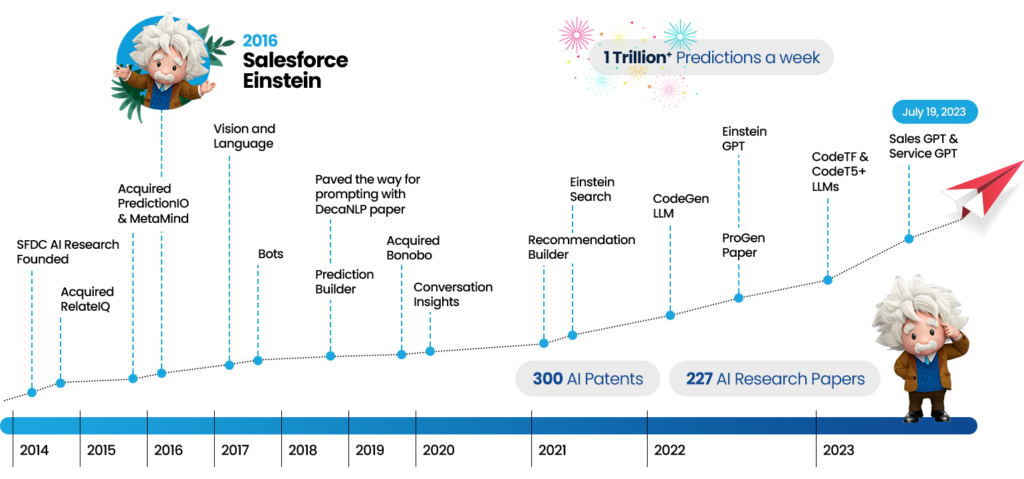
Salesforce embarked on its AI venture in 2014, initiating research that laid the groundwork for transformative advancements. Strategic acquisitions of RelatedIQ, PredictionIQ, and Metamind in 2015 & 2016 signified a commitment to pioneering AI technologies.
The momentum continued, culminating in the launch of Salesforce Sales GPT and Service GPT in July 2023, with promises of more innovations in the pipeline. This dynamic period witnessed the infusion of AI-driven functionalities, enriching diverse products and offering businesses intelligent recommendations.
A Chronicle of Salesforce AI Evolution
Salesforce Einstein (2016): A landmark moment where Einstein, an AI-powered feature set, permeated various Clouds, including Sales, Service, and Marketing. Predictive lead scoring, automated email responses, and analytics empowered users to make informed, data-driven decisions.
Einstein Vision (2017): Image recognition capabilities were introduced, enabling users to construct custom models for tasks like product identification within images.
Einstein Voice (2018): Leveraging NLP, Salesforce integrated voice commands and transcriptions, fostering natural language interactions.
Integration with IBM Watson (2018): Collaboration with IBM Watson brought advanced AI capabilities, enhancing CRM with deeper insights and cognitive analytics.
Einstein Bots (2018): The advent of Einstein Bots automated routine customer interactions through chatbots, freeing human agents for more complex tasks.
Acquisition of Tableau (2019): Strengthening analytics capabilities, Salesforce acquired Tableau, synergizing advanced analytics and visualization with AI offerings.
Einstein Analytics Updates (2020): Elevating analytics and machine learning capabilities, updates to Einstein Analytics empowered users to uncover insights and predict outcomes.
Hyperforce Initiative (2020): While not AI-centric, the Hyperforce initiative underscored the pivotal role of cloud infrastructure in supporting AI and machine learning workloads at scale.
Einstein Automate (2021): A strategic move towards automation, Einstein Automate introduced tools like Flow Orchestrator and MuleSoft Composer for streamlined, no-code, and low-code automation.
Incorporation of External AI Solutions: Salesforce’s embrace of external AI solutions through the AppExchange marketplace showcased a commitment to diverse AI integrations.
Pioneering AI Cloud and Einstein GPT
On June 12, 2023, Salesforce unveiled its groundbreaking AI Cloud, tailored for CRM and integrating AI, data, analytics, and automation. This enterprise-ready marvel ensures real-time, generative AI, marking a new era in cloud technology evolution.
Prior to this monumental unveiling, on March 7, 2023, Salesforce made a resounding entry into robust AI with the launch of Salesforce Einstein GPT. This strategic move set the stage for enhanced artificial intelligence capabilities, solidifying Salesforce’s commitment to innovation and advancement in the realm of AI.
Struggling to harness the full potential of Salesforce AI for your business requirements?
Unveiling Salesforce GPT Innovations
Salesforce’s strategic integration of various GPTs across its platforms signifies a groundbreaking move towards redefining customer experiences, automating workflows, and providing invaluable insights. This symphony of GPTs presents a comprehensive suite of AI-powered tools that cater to diverse business needs, setting a new standard for efficiency and innovation within the Salesforce ecosystem.
Salesforce Sales GPT: Revolutionizing Sales Processes
Sales GPT emerges as a transformative force in organizational expansion, leveraging generative AI and unified data platforms. Key features include:
Personalized Sales Emails: Craft tailored emails for potential clients, automate follow-ups, and highlight product benefits.
Call Transcriptions: Automate call note-taking and analysis to identify key points, streamlining post-call actions.
Predictive Insights: Analyze historical data, market trends, and relevant factors to provide accurate sales predictions.
Salesforce Service GPT: Elevating Service Experiences
Service GPT proves to be a game-changer, utilizing advanced AI and real-time data to enhance service experiences. Key features include:
Service Replies: Instant-reply wizard providing personalized responses based on the latest information.
Work Summaries: Compile easy-to-understand case summaries for quick issue resolution.
Knowledge Articles: Automatically generate and update articles based on the latest customer issue tips.
Mobile Work Briefings: Provide on-the-go service agents with briefings containing crucial customer details.
Salesforce Commerce GPT: Redefining Customer Engagement
Commerce GPT focuses on automating personalization across the customer journey, resulting in smarter sales and time savings. Features include:
Increased Customer Engagement: Act as a personal shopper, suggesting products and improving checkout experiences.
Improved Customer Satisfaction: Provide support by answering questions, solving issues, and suggesting products.
Reduced Costs: Automate promotions, product descriptions, and routine queries, optimizing time for sales and growth.
Salesforce Marketing GPT: The Creative Sidekick
Marketing GPT serves as a creative ally for crafting personalized content and campaigns at scale. Notable features encompass:
Email Content Creation: Generate personalized emails, making each interaction feel unique.
Segment Intelligence for Data Cloud: Use AI to analyze different audience segments, delivering targeted content.
Rapid Identity Resolution, Segmentation, and Engagement: Quickly organize audiences and ensure the right message reaches each group.
AI-based Data Integration: Seamlessly integrate data from various sources using AI connectors.
Salesforce Tableau GPT: A Smarter Data Experience
As part of Salesforce’s business intelligence updates, Tableau GPT brings automation to analytics, offering:
Automated Analytics (Tableau Pulse): A campaign dashboard providing real-time metrics for data-driven decisions.
Personalized Metrics: A financial dashboard offering customized tracking of essential business metrics.
Secure and Compliant: Ensures business data is secure and compliant, meeting legal requirements and industry standards.
Wrap-up
Embark on a transformative journey with Generative AI, witnessing Salesforce’s strategic integration of advanced models like Salesforce Einstein GPT. From revolutionizing sales processes to elevating service experiences and crafting creative marketing campaigns, Salesforce, with its expertise as Salesforce Experts, champions the integration of Generative AI in CRM evolution. This groundbreaking move, culminating in the unveiling of the AI Cloud, signifies a new era of real-time, generative AI. Connect with TechForce Services, your trusted Salesforce Partner, to leverage the transformative power of Generative AI and propel your business towards accelerated growth within the dynamic Salesforce ecosystem.

